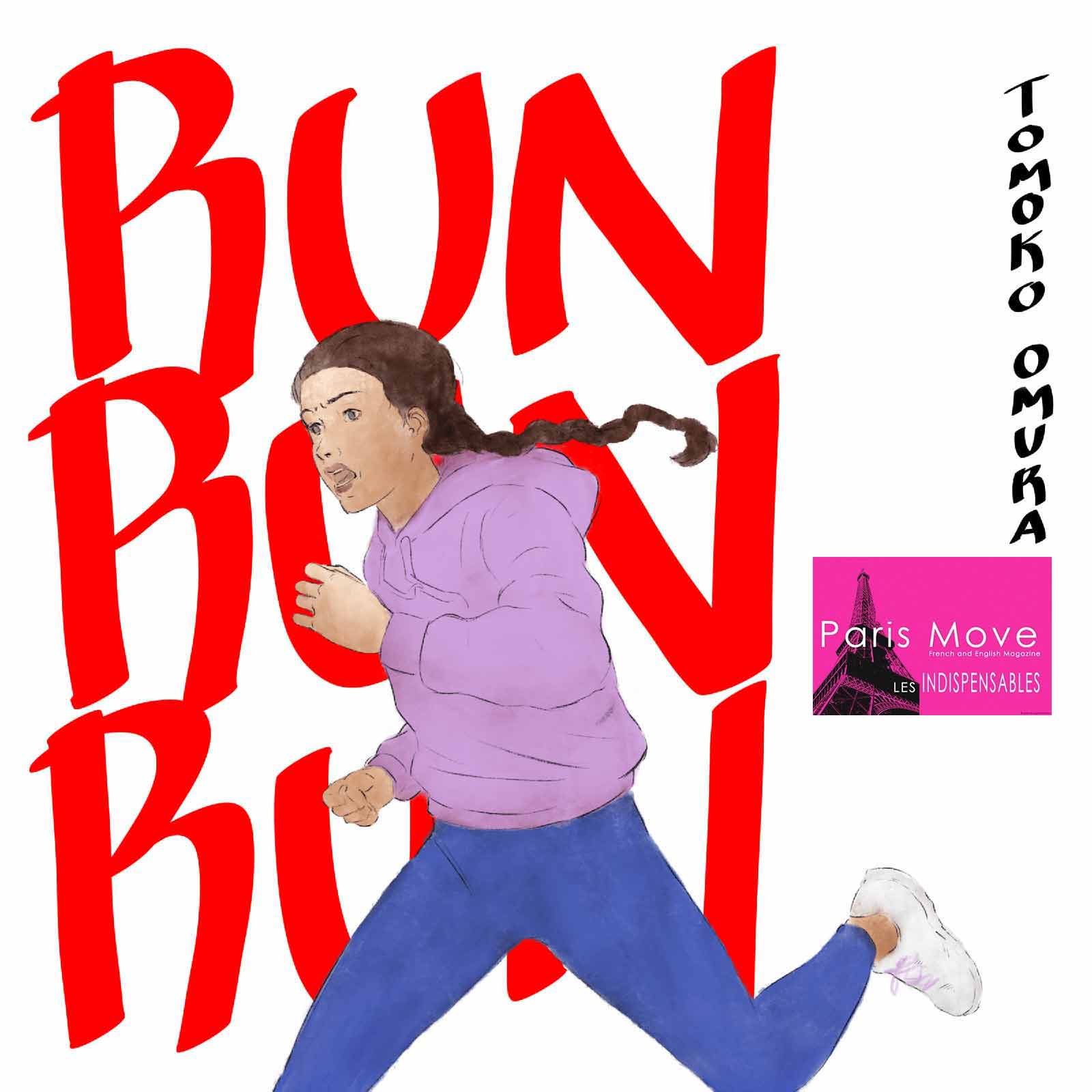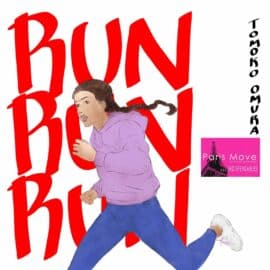| Jazz |

Tomoko Omura’s “Run Run Run” Turns the Urgency of History Into Sound
2025 has emerged as a year of artistic audacity. Across genres and continents, musicians have embraced risk, experimentation, and emotion with a fearlessness rarely seen in recent years. Yet even in such a vibrant landscape, violinist and composer Tomoko Omura’s Run Run Run stands apart, a deeply cinematic, human, and philosophical meditation on war, memory, and empathy.
I’ll admit, I hadn’t encountered Omura before. But after many listens, I came away with the unmistakable feeling of having discovered one of the most compelling musical voices of our time, a composer who refuses boundaries and reshapes the raw materials of music itself. Classical precision, jazz improvisation, pop lyricism, and the pulse of rock all flow into her work, merging into something both immediate and timeless. Listening to Run Run Run feels less like attending a concert and more like stepping into a film, one that unfolds scene by scene before your eyes.
A Band United by Intuition and Trust
The album features a luminous ensemble: Jeff Miles on guitar, Glenn Zaleski on piano, Pablo Menares on bass, Jay Sawyer on drums, and Omura herself on violin and as bandleader. Together, they form a group of remarkable cohesion, a result of more than a decade of shared exploration. Their chemistry is palpable, almost telepathic, and it infuses every note with intimacy.
That synergy was hard-won under pressure. Run Run Run came together at lightning speed — only two rehearsals and a single live performance before the recording sessions began. Yet the result sounds anything but rushed. The playing feels urgent but never chaotic, refined yet spontaneous.
Omura attributes this to trust: “Despite the time constraints, I had absolute faith in their ability to bring something extraordinary to the music,” she said. “That trust allowed us to work spontaneously and capture something authentic, a reflection of both our individual growth and our shared musical intuition.”
A Soundtrack to Memory and History
As Run Run Run progresses, it invites the listener into a narrative space. You can almost see the story materializing, landscapes, figures, fragments of lives. Like her previous albums Branches, Vol. I & II, this one feels deeply cinematic. But where Branches explored roots and personal histories, Run Run Run turns its gaze outward, toward humanity’s collective memory and its darkest chapters.
The timing is deliberate. As the world confronts renewed geopolitical tensions and marks the 80th anniversary of the atomic bombings of Hiroshima and Nagasaki, Omura has crafted both a musical suite and a short story exploring the human cost of nuclear war. It is not an abstract exercise, but a profoundly personal reckoning.
“The idea of writing a story and composing music about nuclear weapons came to me after reading Barefoot Gen by Keiji Nakazawa,” Omura explains. “It’s inspired by his experience as a survivor of the Hiroshima bombing. I was deeply moved, especially by Gen, the six-year-old protagonist, who’s about the same age as my son.”
In her hands, this empathy becomes the engine of creation. The album’s textures evoke not only the horror of destruction but also the persistence of tenderness and hope. The violin doesn’t merely sing; it grieves, questions, and consoles.
By contrast, Omura found herself unsettled by what was absent in Christopher Nolan’s Oppenheimer.
“Despite its success, the film didn’t show the human devastation caused by the bomb,” she says. “That gap, that silence, is what I wanted to fill.”
The Art of Urgency
Omura’s work sits at the intersection of art forms. It borrows the emotional clarity of cinema, the discipline of classical composition, and the improvisational spark of jazz. But at its heart lies something older: the urgency of storytelling itself.
When art forms intertwine, as theater, my own lifelong passion, so often reminds us, they force us to think, to feel, to question. They disturb complacency and awaken creation. Run Run Run springs from precisely that kind of artistic emergency, a state in which emotion demands to be shaped into something enduring.
That, perhaps, is Tomoko Omura’s truest gift: her ability to transform the chaos of the present into an expressionist work of clarity and grace. In her music, opposites coexist, wisdom and brutality, light and darkness, yin and yang. Every piece balance on a thin emotional edge, threatening to collapse, yet always sustained by an invisible current of love.
The Generosity of Great Artists
By the album’s end, questions of genre or style seem irrelevant. What remains is a sense of fullness, the quiet shock of beauty. Omura and her ensemble do not merely perform; they communicate, offering a kind of generosity that transcends words. It is the generosity of great artists and great thinkers, those rare individuals who can turn personal conviction into collective emotion.
In Run Run Run, Omura doesn’t just compose. She remembers. She questions. And above all, she connects.
Thierry De Clemensat
Member at Jazz Journalists Association
USA correspondent for Paris-Move and ABS magazine
Editor in chief – Bayou Blue Radio, Bayou Blue News
PARIS-MOVE, November 7th 2025
Follow PARIS-MOVE on X
::::::::::::::::::::::::
Musicians :
Tomoko Omura, violin, composer
Jeff Miles, guitar
Glen Zaleski, piano
Pablo Menares, bass
Jay Sawyer, drums
Track Listing :
Brooklyn Day
The Flash
Hiroshima
The Firestorm
Black Rain
The Tunnel
The Birthplace
City of Ghosts

